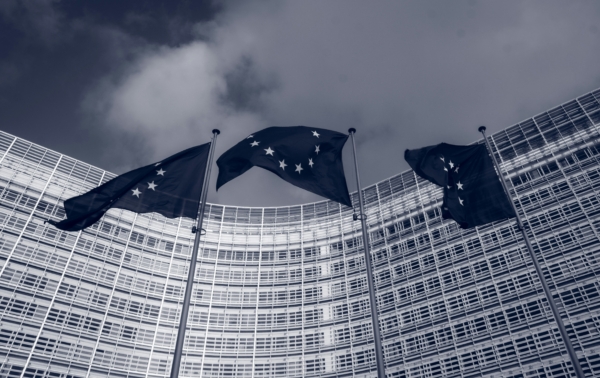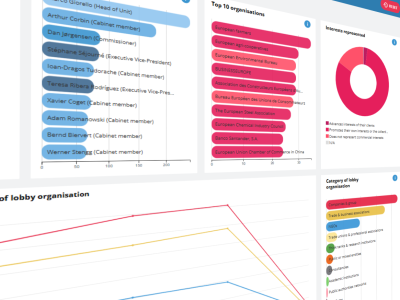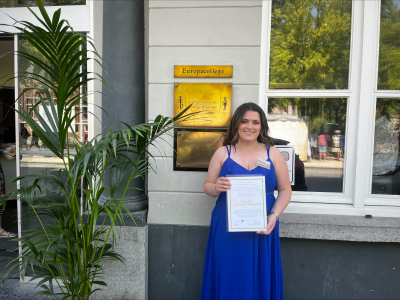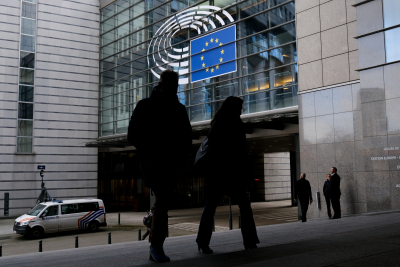It’s not a secret that despite its crucial role in the EU legislative process, the Council of the European Union remains the least transparent of the three main legislative institutions.
A complex system consisting of multiple levels, from the Secretariat and COREPER configurations to hundreds of working groups dedicated to specific issues, makes advocacy work towards the Council challenging.
This Advocacy Guide seeks to provide information on how to navigate this complex system and how civil society can advocate the Council to bring about meaningful change in EU decisions and laws.
The guide stems from a two-year long pilot project “EU Presidency Anti-Corruption Scorecard” conducted jointly by Transparency International EU and four national chapters in Lithuania, Italy, Greece and Latvia, co-funded by the European Commission. The project assessed the performance of the rotating presidencies of these four countries on progress in the areas of transparency, integrity and anti-corruption.
More information about the EU Presidency project can be found here







